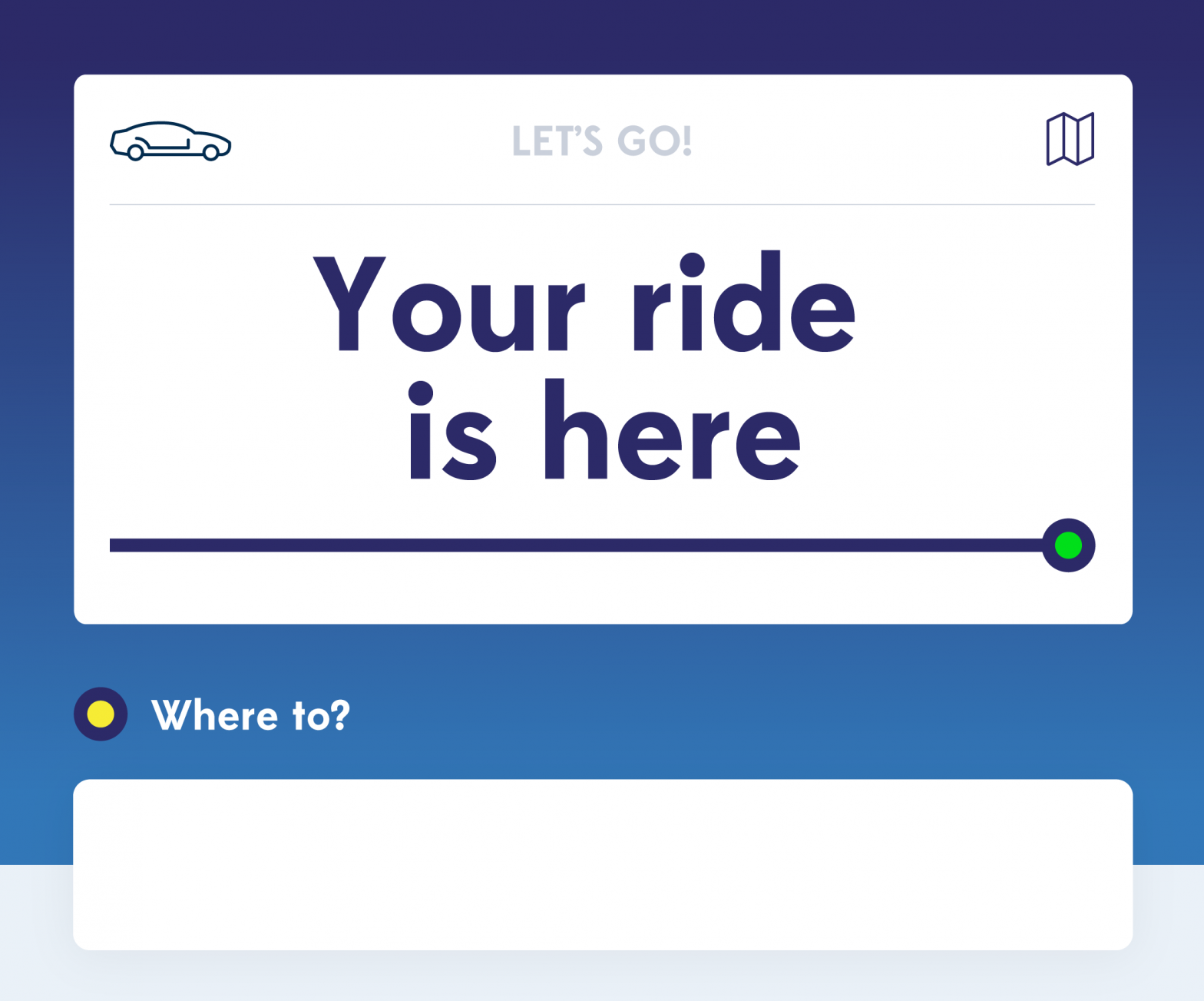
Photo: Whim-e1465811583215
Finland launches first complete multimodal transport app
13 June 2016
by Steve Hoare
Finland officially launched yesterday one of the world’s first fully integrated multimodal transport apps across all of its cities and public transport networks.
The Whim app, produced by Finnish company Maas Global, will allow users to plan their route and purchase their tickets via bus, train, bike, taxi or car via an agreement with car hire company Sixt. It is one of the first practical deployments of the much-hyped ‘mobility as a service’ concept.
“We need to solve one of the biggest questions for the world economy: is there something as good as owning your own car?” said founder Sampo Hietanen at the ITS conference in Glasgow last week.
The Maas Global solution to this issue is a subscription service or pay-as-you-go, which gives users access to a hire car. Packages would run from less than €100 for public transport access through to Ultimate Freedom packages of €1,000, which would give users unlimited access to a hire car without the hassle of ownership.
“We called it ‘Whim’ because it’s not about your daily commute–you know that route. It’s about where your weekend and where you might want to go on a whim,” Hietanen told Cities Today.
The company has signed up Finland’s rail and city public transport companies. The beta test started in Finland yesterday with a limited amount of customers, which will allow operators to install and fine tune the mobile validation technology.
Full rollout across the country is scheduled for September this year and it is hoped that Estonia will come on board shortly. The company is in negotiations with other countries or regions across the globe.
The launch is the culmination of six years of planning. Hietanen, a former CEO of ITS Finland, began talking about the concept with industry, cities and government about six years ago.

“Government has been pushing this because in Finland we have the example of GSM. It was an easy analogy. It did not take long for everyone to get it,” said Hietanen. “The biggest driver has not been transport, it is jobs and economic growth. We saw what Nokia did with mobile phones. The Finnish authorities saw something similar happening here and said we should go for it.”
Twenty-four organisations put money into the initial business plan with eight emerging as shareholders in the business.
Four Finnish companies and four international companies invested with international French transport company, TransDev, Turkish automotive company Karsan Otomotiv Sanayii and Ticaret both owning 20 percent plus Finnish company Veho also a major investor. Other shareholders are Hietanen himself, InMob Holdings of Cyprus; Neocard; Korsisaari; GoSwift; MaaS Australia; Goodsign; IQ Payments; and Delta Capital Force.











